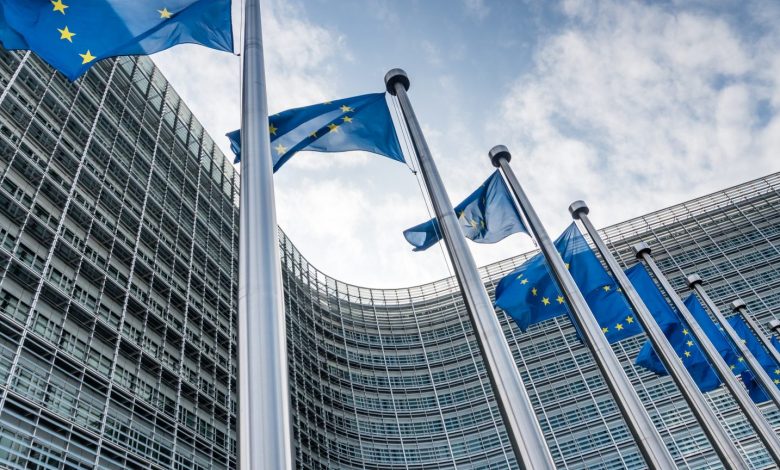Balancing Innovation and Access: The Debate Over EU’s Emergency Licensing Plan

The proposal by the European Commission to establish a compulsory licensing (CL) framework for medicines in emergency situations has faced strong opposition from various bodies within the pharmaceutical industry. These organizations argue that the proposed move is unnecessary.
The European Union initiated a consultation on the CL scheme in response to the COVID-19 pandemic’s challenges and its slow vaccine rollout. The aim was to create a more efficient and coordinated system to manage crises like pandemics. Compulsory licensing allows governments to produce medications without the consent of the patent holder. The European Commission emphasized that this approach would only be considered as a last resort if voluntary agreements fail. Their goal is to replace the fragmented schemes that currently exist within the EU with a unified approach.
Notable industry opponents to the proposal include the Pharmaceutical Research and Manufacturers of America (PhRMA), the Biotechnology Innovation Organisation (BIO) in the US, the European Federation of Pharmaceutical Industries and Associations (EFPIA), the Japan Pharmaceutical Manufacturers Association (Japan), and Pfizer.
Their opposition focuses on several key points. First, they argue that the EU is overstepping its authority and interfering in areas that should be managed by individual member states. EFPIA contends that viable compulsory licensing provisions already exist at the member state level. They also point out that the COVID-19 pandemic demonstrated that compulsory licensing was unnecessary, as voluntary models facilitated rapid vaccine development and distribution.
Moreover, these industry groups suggest that the proposal might contravene international agreements, including the World Trade Organization’s Agreement on Trade-Related Aspects of Intellectual Property Rights (TRIPS), as well as EU law. They highlight the lack of a clear definition of what constitutes a crisis that would trigger compulsory licensing. This broad approach could potentially lead to the disclosure of trade secrets.
PhRMA expressed concern about the proposal, especially at a time when intellectual property rights are being challenged by certain countries for their own industrial policy goals. BIO argued that there is no objective evidence that the existing system is inadequate, making the new framework unnecessary. The Japan Pharmaceutical Manufacturers Association (JPMA) emphasized the importance of intellectual property rights in promoting innovation and medical technology advancement.
On the other side, consumer and patient organizations, including Health Action International, BEUC, and Medicines for Europe, strongly support the proposed measures. They believe that the proposal strikes a better balance between innovation and access to health technologies.
The pharmaceutical industry bodies’ opposition to the European Commission’s proposal for a compulsory licensing framework for medicines in emergencies revolves around concerns of overreach, a potential violation of international agreements, and the perceived lack of necessity given the success of voluntary models in addressing health crises. The comment period on the Commission’s plan closed on July 31st.





